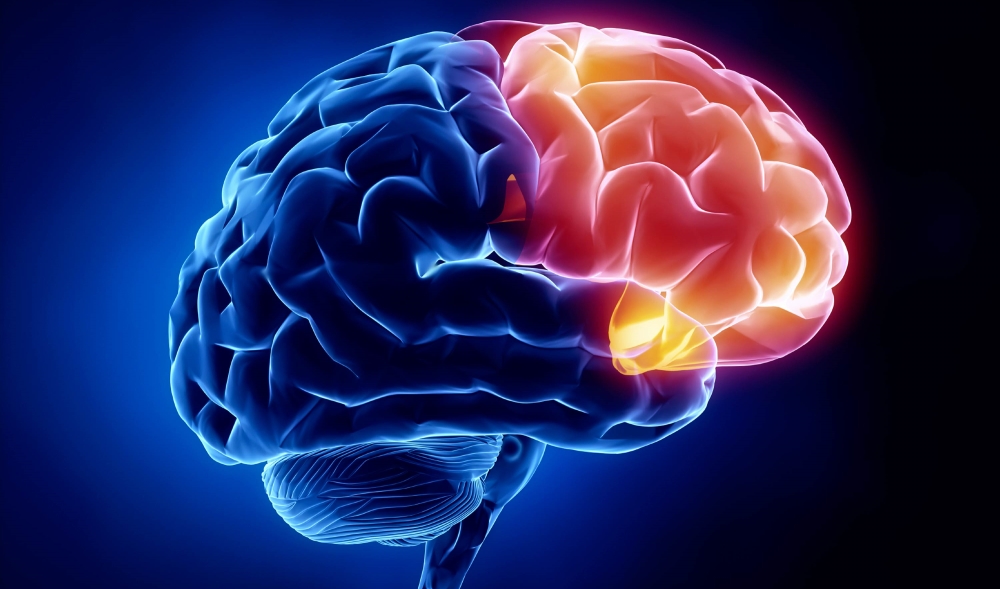The highlighting facts about Epilepsy:
- Epilepsy is a chronic medical condition and the fourth common neurological disorder that has affected nearly 3 million Americans.
- One in 26 people develops epilepsy once in their lifetime.
- Epilepsy is recurrent, unprovoked seizures which may be caused by a traumatic brain injury or due to family history.
- Once the person crosses the age of 55, he/she becomes vulnerable to develop brain tumors, Alzheimer’s disease or stroke which eventually leads to epilepsy.
- It mostly hits the younger generation or older people.
What is Epilepsy?
It is a serious condition which involves abnormal brain cell activity leading to seizures. When an epileptic seizure happens to a person, he starts acting abnormally or sometimes becomes unconscious. Although the exact reason is still unknown, it may happen due to a genetic disorder or traumatic brain injury including trauma, hit by a ball or stroke. Alcohol withdrawal could be another cause of epilepsy which can be diagnosed by imaging the brain or performing several blood tests. It is confirmed by electroencephalogram (EEG) which cannot be diagnosed by a normal test.
About 70 percent of epileptic seizures can be controlled by medication while in other cases a healthy diet plan, neurostimulation or surgery is given. Make sure to consider the best neurology hospital in India to get treated.
How is Epilepsy related to traumatic brain injuries?
A person who has a traumatic brain injury due to a fall, hit by a ball, a violent blow to the head, gunshot wound or another kind of injury, is prone to develop seizures.
Depending on the degree of the injury, seizures are of many types.
Early Seizures: Seizures are untimely and can happen anytime between first few days to weeks post the injury. These seizures usually develop due to bleeding, trauma or injury to the brain. These are early seizures and disappear on its own once the injury calms down.
Late Post-traumatic Seizures: However, seizures can also occur after the injury is treated. These are caused by scarring of the brain due to injury in which the brain cells stop working and become capable of producing ‘electrical storms’ that are generally known as seizures. In such cases, a person is said to have post-traumatic epilepsy. It commonly occurs in the members of the armed forces.
Does Epilepsy have any link to people of different races or backgrounds?
According to a few studies, it has been found that epilepsy discriminates on the basis of color which is discussed as follows:
- Active epilepsy in which seizures are not under control is commonly found in white people as compared to black people.
- People with epilepsy over a lifetime which is also known as lifetime prevalence is common in blacks than whites.
- More than 1.5 percent of Asian Americans are affected with epilepsy till date.
- In some case, it also depends on socioeconomic factors which involve financial status, income, health and from where they are getting medical professional help.
- People who aren’t capable enough to pay for their medical care and lower socioeconomic status are vulnerable to seizures.
- Treatment on the basis of different racial backgrounds is also a major factor in getting health care. This difference is ‘treatment gap’. According to a survey, it is concluded that this gap is directly proportional to the racial differences in epilepsy.
Final Thoughts:
People dealing with epileptic seizures affect their personal and professional life. What’s important is how we perceive those people and type of treatment. This impacts more than the actual seizures.

